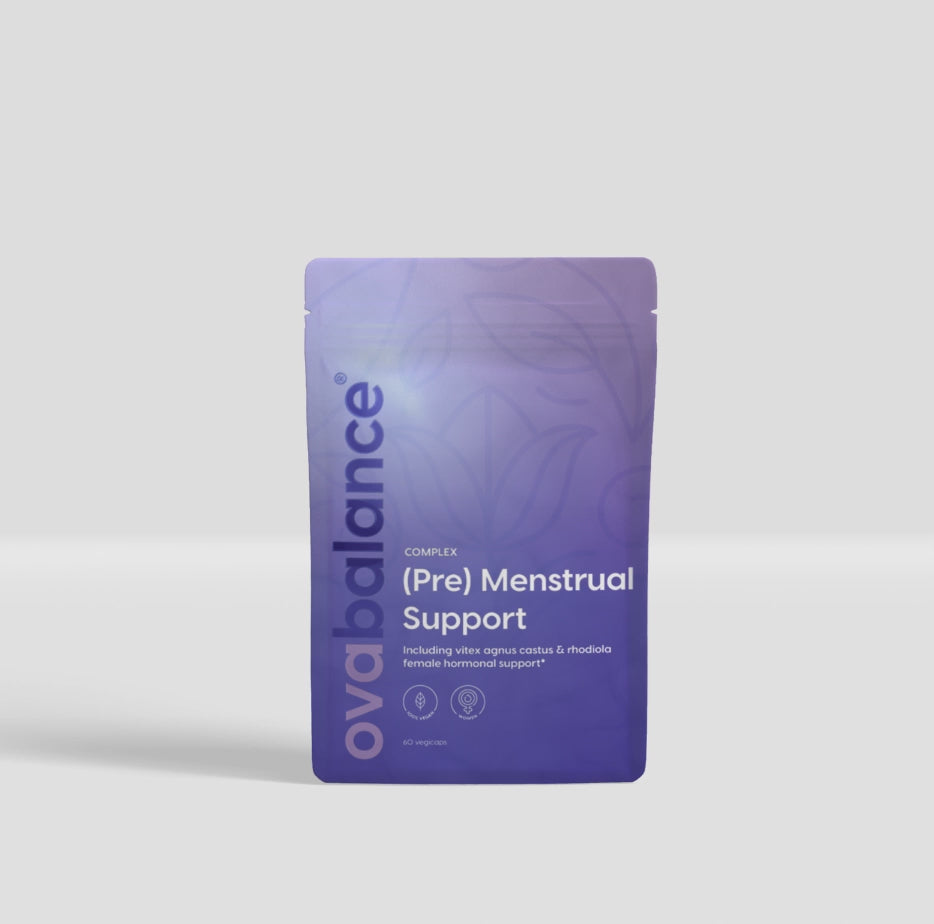

Daylight saving time is an annual phenomenon in which the clock is set forward one hour. In the last weekend of March, the clock goes forward from 02:00 to 03:00 in the night from Saturday to Sunday.
And the clock is always set back one hour on the last Sunday of October to winter time. Which is actually standard time.
Benefits of Daylight Saving Time
Because summer time is starting, it is dark a little longer in the morning and light longer in the evening. The reason it was introduced is that daylight corresponds better with the time that most people are awake during the day and that people can also save energy costs.
Impact on your sleep-wake rhythm
But this change can have an impact on your sleep-wake rhythm. Our body is used to a certain rhythm and a sudden change can lead to problems with sleeping. It can take a few days to a week for our body to adjust to the new time zone, which can lead to fatigue, irritability and concentration problems.
8 tips to help your biological clock get used to this time as quickly as possible.
1. Plan ahead: When you know that Daylight Savings Time is coming, you can try to gradually adjust your sleep-wake rhythm to the new time. Start a few days before the transition by gradually shifting your sleep time and duration.
2. Stay active: Regular exercise can help regulate your sleep-wake rhythm and help you adjust to Daylight Savings Time.
3. Get up on time: If you can't get to bed on time, get up at the same time.
4. Avoid naps: When you're tired, it can be tempting to take a nap, but naps can disrupt your sleep-wake cycle and make it harder to sleep at night.
5. Get enough daylight: Make sure you go outside during the day. Take a walk and sit near a window if you have to work inside. Daylight helps with the production of serotonin, which makes you less sleepy and helps you start your day feeling fit.
6. Provide a good sleeping environment: Provide a dark, quiet and cool sleeping environment to help you sleep better.
7. Avoid light in the evening: When it gets dark, your biological clock gives your brain a signal that it is evening. You produce the hormone melatonin, which makes you slowly sleepy and easy to fall asleep. So don't stay in the light for too long. Screens away, lights dimmed and blackout curtains in the bedroom.
8. Be careful with coffee and alcohol: Coffee and alcohol cause the rhythm to be somewhat disrupted. So it is a good idea to avoid them, especially in the evening. Or choose decaffeinated tea mixes instead of coffee.
Please note that it may take a few days for your body to fully adjust to Daylight Savings Time. Be patient and give yourself time to adjust.

























